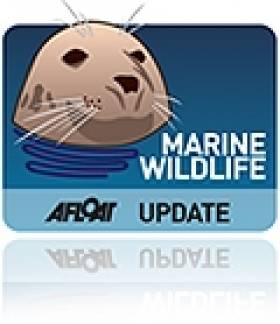Displaying items by tag: Anthropogenic Noise
#MARINE WILDLIFE - Galway-Mayo Institute of Technology (GMIT) has recently teamed up with the Technical University of Catalonia in Spain, the Marine Institute and Biospheric Engineering Ltd to begin a project studying ocean noise in Irish waters.
Anthropogenic noise, or noise generated by human effect such as industry, is now recognised as a significant pollutant in the marine environment and there is particular concern of the effects of anthropogenic noise on marine wildlife.
Cetaceans in particular have a highly developed auditory system and use sound actively for orientation, feeding and communication.
As part of this project, an approximate disturbance area for baleen whales will be estimated, helping to fulfil requirements under the EU Habitats Directive for marine mammals.
This work, funded by the Environmental Protection Agency serves to inform management on how to meet requirements under MSFD and provide recommendations on cost-effective monitoring schemes vital for the future protection of our seas.
For more information on ocean noise and this project visit www.monitoringoceannoise.com or contact [email protected]






























































